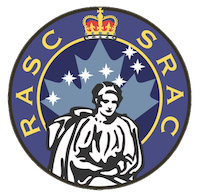Otto Lyudvigovich Struvé (August 12, 1897-April 6, 1963), was a Russian astronomer, the last of a remarkable astronomical lineage. His great-grandfather, Wilhelm Struvé, founded the Pulkovo Observatory in 1839; his grandfather (Otto), uncle (Hermann) and father (Ludwig) were also distinguished astronomers. He began his academic career in Kharkiv, his native city. Enlisting for action on the Turkish Front and then demobilized after the Bolshevik Revolution, The Struvés were forced to evacuate from Kharkiv to Sevastopol, which was still under the control of the White Russian faction more closely aligned with their family. Following a period of great privation and misery in Sevastopol and then Istanbul that cost the lives of most of his family and separated him from the rest, he was invited by Edwin B. Frost to come to the Yerkes Observatory in 1921. He started working in spectroscopy and remained a spectroscopist to the end of his days. He succeeded Frost as Yerkes director in 1932 and was the major force responsible for the establishment of the McDonald Observatory in 1933. Managing editor of the Astrophysical Journal from 1932 to 1947, he raised it to the preeminent position it now occupies. He became head of the astronomy department at the University of California in Berkeley in 1950, and he served as director of the National Radio Astronomy Observatory from 1960 to 1962.
He served as president of the IAU during 1952-1955. The asteroid (768) Struveana is named for three of his ancestors, and (2227) Otto Struve is named for him; following in his family's footsteps, Otto Struvé received the Royal Astronomical Society’s gold medal in 1944. Prof. Struvé was named an Honorary Member of the Royal Astronomical Society of Canada on 1959-01-15.

